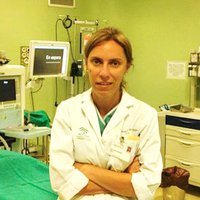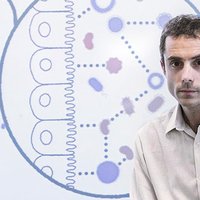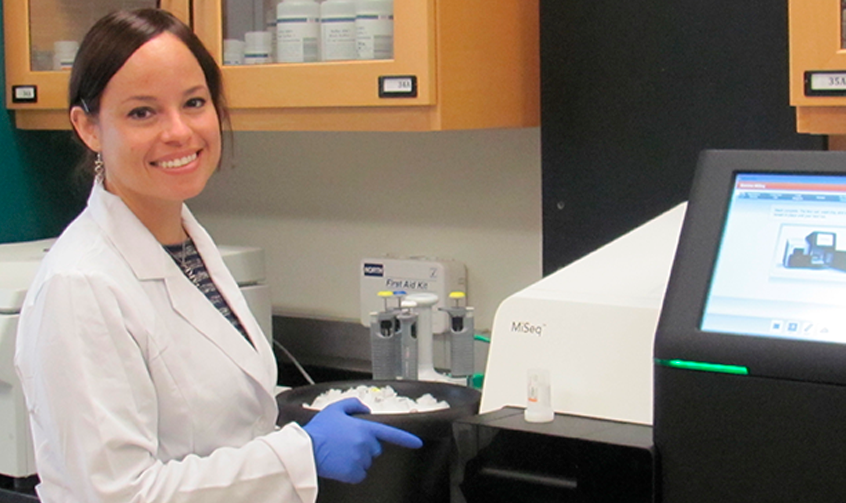Biotechnology & medicine
Martha Malapi
She has designed biotechnological tools to improve control of agricultural pathogens.

Global
Bowen Zhao
What do your genes say about how smart you are?

Global
Roozbeh Ghaffari
Inspired by the courage of his younger brother, MC10’s cofounder is finding ways to create novel electronic devices that improve human health.

Europe
Rosa María Jiménez Rodríguez
A definitive and less aggressive way of closure incisions

Europe
Bernat Ollé Pocurull
A Pill Filled with Bacteria Instead of Drugs
